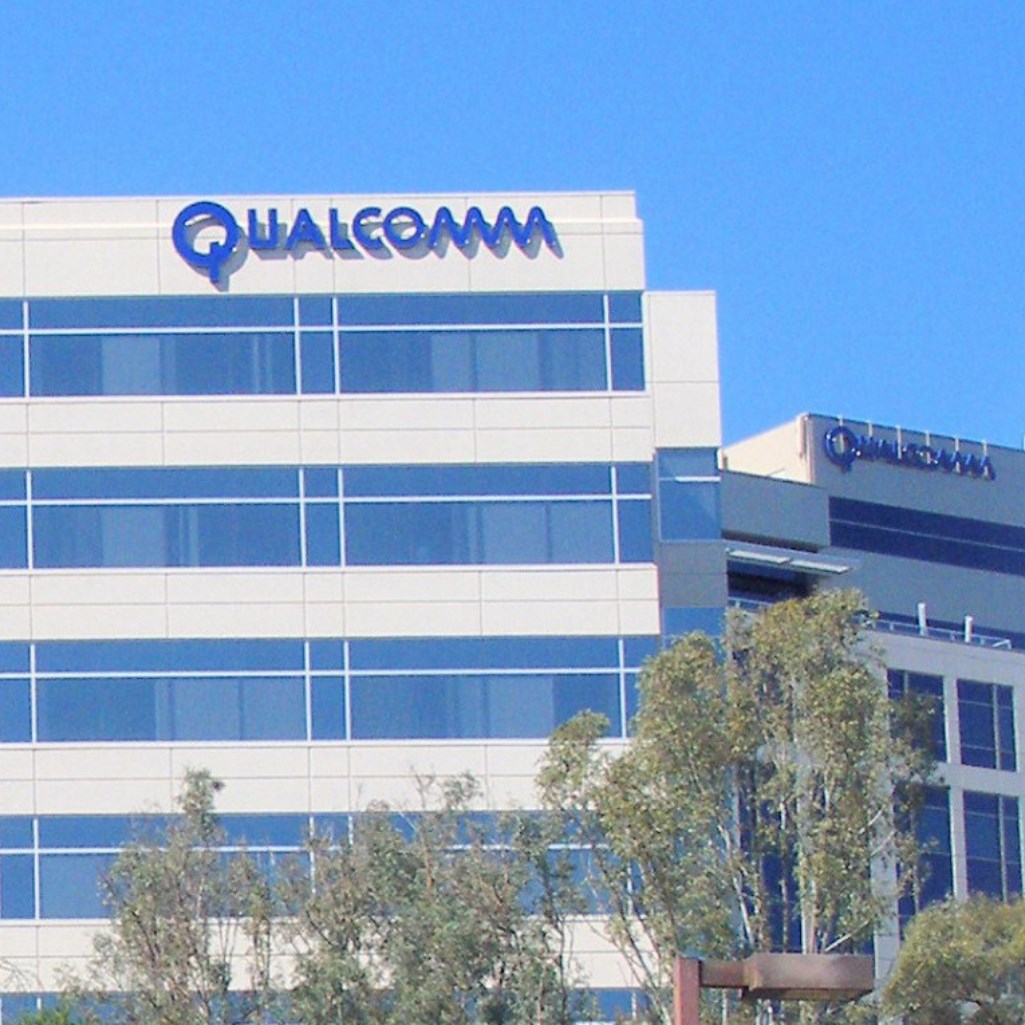Technology
Why Qualcomm Wanted the US to Delay Its Annual Meeting

Published:
Last Updated:

In what can only be described as an unusual move, the U.S. Committee of Foreign Investment in the United States (CFIUS) has ordered Qualcomm Inc. (NASDAQ: QCOM) to delay its shareholders meeting scheduled for Tuesday, March 6. According to a statement from hostile suitor Broadcom Ltd. (NASDAQ: AVGO), Qualcomm “secretly” requested the CFIUS review on January 29.
The effect of the order is to delay a vote of Qualcomm shareholders on a slate of six Broadcom-nominated candidates to serve on Qualcomm’s board of directors. From Broadcom’s point of view, the CFIUS order is exactly the result Qualcomm wanted.
Here’s how Broadcom sees the CFIUS review:
This was a blatant, desperate act by Qualcomm to entrench its incumbent board of directors and prevent its own stockholders from voting for Broadcom’s independent director nominees. … It should be clear to everyone that this is part of an unprecedented effort by Qualcomm to disenfranchise its own stockholders.
In a statement to shareholders dated last Thursday, Qualcomm reiterated its opposition to Broadcom‘s $79 per share offer and urged shareholders to vote to re-elect all 11 existing Qualcomm directors. The company did not mention a delay to the date of the shareholders’ meeting.
CFIUS is chaired by the U.S. Treasury Secretary and includes representatives for the U.S. Departments of Justice, Defense, Homeland Security, Energy and State. The committee reviews on the basis of national security the sale of assets to foreign buyers. Normally the committee only pokes its nose into the sale once a deal is struck. After a review, CFIUS can recommend that the president block a deal that threatens national security.
Broadcom noted in its statement that it has “committed” to redomiciling in the United States, that the process is “well underway” and that Broadcom (currently based in Singapore) expects to be a U.S.-based firm by the end of its second fiscal quarter on May 6, 2018. Once Broadcom is a U.S. company, CFIUS would no longer have authority to review a proposed transaction.
Why didn’t CFIUS wait until a deal was agreed upon? Qualcomm’s request for the early decision made sense from the company’s point of view: Qualcomm could not afford to wait. Even if the company’s slate of 11 directors were to be re-elected, once Broadcom became a U.S. company Qualcomm would have lost the CFIUS arrow in its quiver.
Qualcomm’s request put the national security issue in play and that appealed to some CFIUS members, according to a report in The Wall Street Journal. National security is also the reason the president gave last week for imposing tariffs on imported steel and aluminum. Sense a pattern here?
In 2011 Chinese smartphone maker Huawei was forced to unwind a $2 million offer to acquire the assets of a failed U.S. company, 3Leaf Systems, when CFIUS determined that 3Leaf’s technology could be used in ways that were not in the best interests of the United States. That decision came after Huawei had made the offer and it was accepted.
In 2005, Chinese oil giant CNOOC withdrew an $18.5 billion bid for U.S. oil firm Unocal following negative public reaction to the proposed deal. Unocal was later acquired by Chevron. When CNOOC offered to pay $15 billion in 2013 to acquire Canada-based Nexen Energy, CFIUS had to agree to the deal because more than 10% of Nexen’s assets were located in the United States.
Qualcomm has gotten what appears to be a unique ruling from the U.S. government to help it fight off a currently foreign acquirer. CFIUS still has to rule on the potential acquisition, of course, but Qualcomm is probably hoping that an outcry against the takeover of state-of-the-art technology by a foreign buyer will force Broadcom to go away. When it comes right down to it, Qualcomm is only speaking to an audience of one.
Thank you for reading! Have some feedback for us?
Contact the 24/7 Wall St. editorial team.